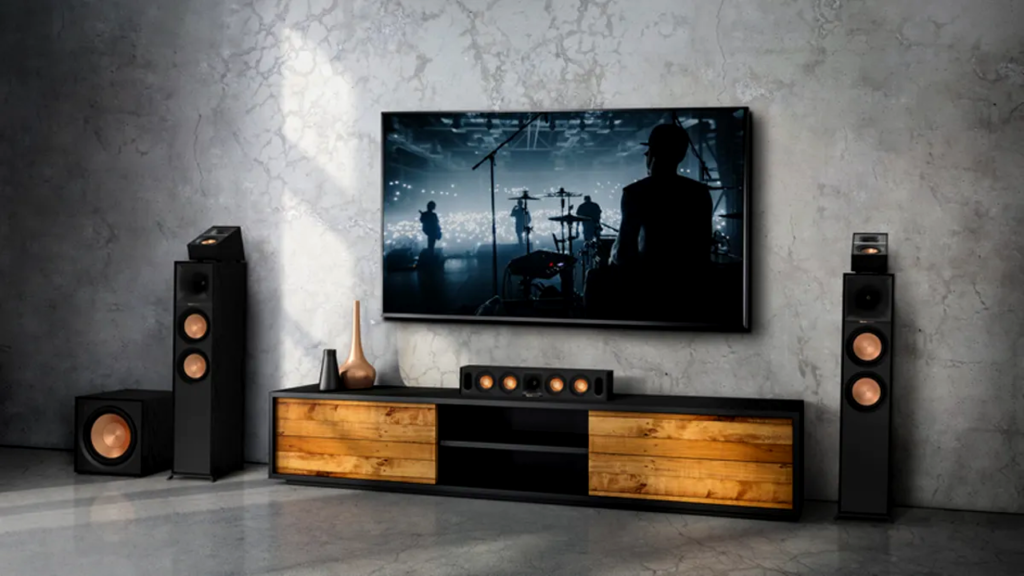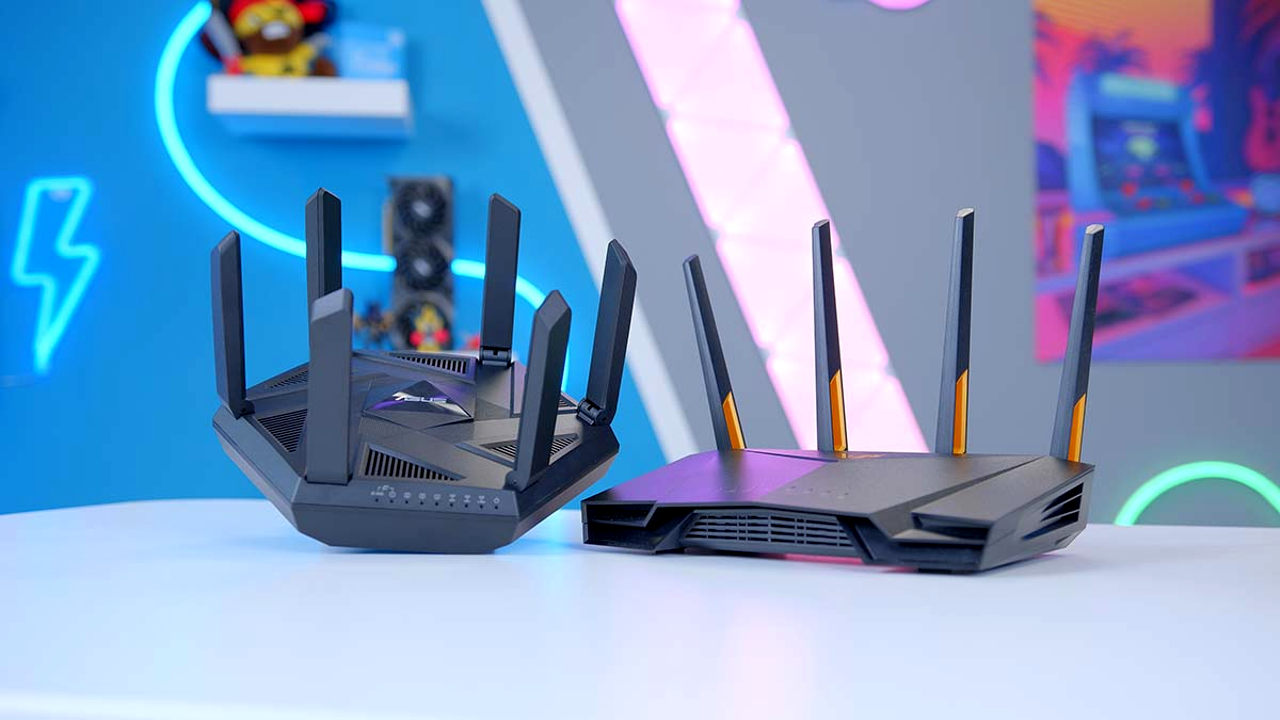The Evolution of Smart Homes: Integrating Tech for Convenience

In today’s rapidly advancing technological landscape, smart homes have emerged as a popular trend, revolutionizing the way we interact with our living spaces. A smart home refers to a residence equipped with devices and systems that automate tasks and provide enhanced control over various functions, such as lighting, heating, and security. The concept of smart homes has evolved significantly over the years, driven by innovations in technology and consumer demand for greater convenience and efficiency.
Read More: How to Make Sparkling Water at Home?
Early Smart Home Technologies

The journey of smart homes can be traced back to the early 20th century when basic automation features like programmable thermostats and timers were introduced. However, these early technologies were limited in functionality and lacked the interconnectedness that characterizes modern smart homes. Home automation systems were primarily standalone solutions, offering minimal integration between devices.
The Rise of IoT in Smart Homes
The advent of the Internet of Things (IoT) marked a significant turning point in the evolution of smart homes. IoT technology enables everyday objects to connect and communicate with each other over the internet, paving the way for seamless integration and automation. With the introduction of IoT devices such as smart sensors, cameras, and appliances, homeowners gained unprecedented control and monitoring capabilities, allowing them to remotely manage their homes from anywhere in the world.
Key Components of Modern Smart Homes
Modern smart homes are equipped with a diverse range of interconnected devices and systems designed to enhance comfort, convenience, and security. Smart thermostats, such as Nest and ecobee, allow users to remotely control heating and cooling settings, optimizing energy usage and reducing utility bills. Home security systems, including smart locks and video doorbells, offer advanced features like motion detection and real-time alerts, providing homeowners with peace of mind and added protection against intruders.
Integration of Artificial Intelligence (AI)

Artificial intelligence (AI) has emerged as a driving force behind the evolution of smart homes, enabling devices to learn from user behavior and adapt to their preferences over time. Voice assistants like Amazon Alexa and Google Assistant serve as central hubs for controlling smart home devices using natural language commands. AI-powered devices and applications, such as smart speakers and virtual assistants, offer personalized experiences and streamline everyday tasks, from managing schedules to ordering groceries.
Benefits of Smart Homes
The adoption of smart home technology offers a myriad of benefits for homeowners, ranging from increased convenience and efficiency to enhanced security and energy savings. By automating routine tasks and optimizing resource usage, smart homes help individuals save time and money while reducing their environmental footprint. Remote monitoring capabilities allow homeowners to stay connected and informed, whether they’re at work, on vacation, or simply relaxing at home.
Challenges and Concerns
Despite the numerous advantages of smart home technology, there are also challenges and concerns that need to be addressed. Privacy issues related to the collection and use of personal data by smart devices raise legitimate concerns among consumers. Compatibility and interoperability issues between different brands and platforms can create complexity and frustration for users seeking to integrate multiple devices into their smart home ecosystems. Additionally, the initial costs of purchasing and installing smart home devices, as well as ongoing maintenance requirements, may deter some homeowners from fully embracing this technology.
Future Trends in Smart Home Technology

Looking ahead, the future of smart homes promises even greater advancements and innovations. AI and machine learning technologies will continue to evolve, enabling smart devices to anticipate user needs and proactively respond to changing conditions. The expansion of smart home ecosystems will lead to greater interoperability between devices and platforms, fostering seamless integration and enhanced user experiences. Sustainable and eco-friendly solutions, such as energy-efficient appliances and renewable energy systems, will play a key role in shaping the next generation of smart homes.
Read More: How to Build a Home Network: A Step-by-Step Guide
FAQs
- Are smart homes secure? Smart homes utilize advanced encryption and security protocols to safeguard user data and protect against cyber threats. However, it’s essential for homeowners to regularly update their devices and networks to mitigate potential vulnerabilities.
- Can I retrofit my existing home with smart technology? Yes, many smart home devices are designed to be compatible with existing homes and infrastructure. From smart plugs to retrofit smart thermostats, there are plenty of options available for homeowners looking to upgrade their living spaces.
- What are the energy-saving benefits of smart homes? Smart home devices like thermostats, lighting systems, and appliances are designed to optimize energy usage based on user preferences and environmental conditions. By reducing unnecessary energy consumption, smart homes help lower utility bills and reduce carbon emissions.
- How can I protect my privacy in a smart home? To protect your privacy in a smart home, it’s important to carefully review the privacy settings and permissions of each device and application. Additionally, consider using strong, unique passwords and regularly update your software to ensure the latest security patches are installed.
- What is the cost of implementing smart home technology? The cost of implementing smart home technology can vary depending on the type and number of devices you choose to install. While there may be upfront costs associated with purchasing smart devices, many homeowners find that the long-term benefits outweigh the initial investment.
The Final Words
The evolution of smart homes represents a remarkable journey of technological innovation and integration. From early automation systems to today’s interconnected ecosystems powered by IoT and AI, smart homes have transformed the way we live, offering unparalleled convenience, security, and efficiency. While challenges remain, the future of smart home technology holds tremendous promise, with ongoing advancements poised to further enhance our quality of life and redefine the concept of modern living.








One Comment